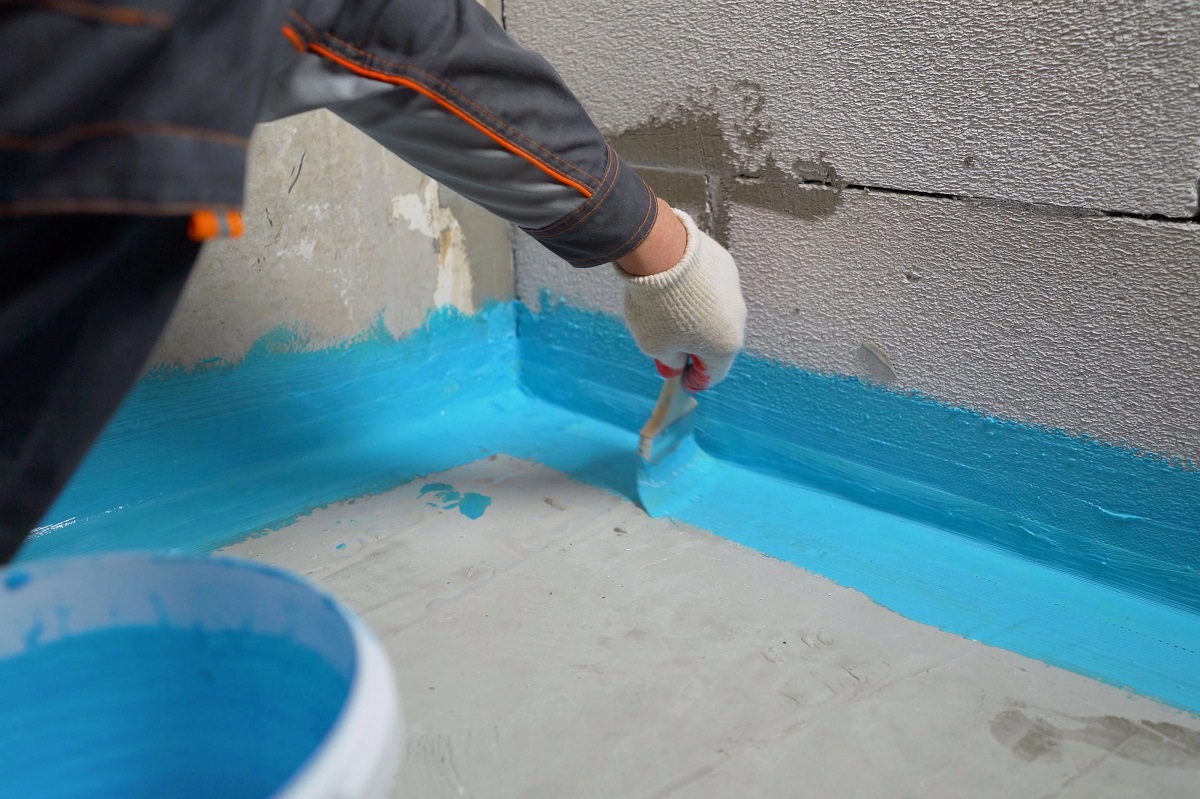

Articles
What Is Basement Waterproofing
Modified: August 20, 2024
Learn the basics of basement waterproofing with our informative articles. Find out the best methods and tips to keep your basement dry and protected.
(Many of the links in this article redirect to a specific reviewed product. Your purchase of these products through affiliate links helps to generate commission for Storables.com, at no extra cost. Learn more)
Introduction
Basement waterproofing is a crucial aspect of maintaining a structurally sound and dry home. The basement is often an overlooked area when it comes to regular maintenance, but neglecting it can lead to significant problems down the line. Water intrusion in the basement can cause a range of issues, including mold growth, foundation damage, and even a compromised living space.
Whether you have a finished basement that serves as additional living space or simply use it for storage, keeping it dry and free from water damage is essential. Thankfully, basement waterproofing provides a solution to prevent water infiltration and protect your home’s foundation.
Key Takeaways:
- Basement waterproofing is essential for preventing structural damage, mold growth, and protecting belongings. It enhances living space, increases property value, and provides peace of mind for homeowners.
- Identifying signs of waterproofing issues and hiring a professional company are crucial. DIY options can help with minor water problems, but professional expertise ensures long-term, effective solutions.
Read more: How To Waterproof Basement Floor
Importance of Basement Waterproofing
Basement waterproofing plays a critical role in preserving the integrity of your home’s foundation and protecting it from water and moisture damage. Here are some key reasons why basement waterproofing is important:
- Prevent Structural Damage: Excessive moisture in the basement can lead to cracks in the foundation walls and floors. Over time, these cracks can worsen, compromising the structural stability of your home. Waterproofing your basement helps prevent water intrusion, stopping potential damage to your foundation.
- Prevent Mold and Mildew Growth: Moisture and dampness create the perfect environment for mold and mildew to thrive. These fungal growths not only affect the air quality in your home but also pose health risks to you and your family. Waterproofing your basement helps keep it dry, making it less susceptible to mold and mildew growth.
- Protect Belongings and Investments: Many homeowners use their basements to store valuable items, such as furniture, electronics, documents, and sentimental items. These items can be easily damaged by water intrusion. By waterproofing your basement, you create a safe and dry environment, protecting your belongings and investments from water damage.
- Enhance Living Space: If you have a finished basement or plan to utilize it as additional living space in the future, basement waterproofing is vital. A dry and well-maintained basement creates a comfortable and healthy living area, free from moisture-related issues like musty odors and dampness.
- Increase Resale Value: Waterproofing your basement can significantly increase the resale value of your home. Potential buyers are more attracted to homes with a dry and functional basement, knowing they won’t have to worry about costly repairs or water damage in the future.
Given the importance of basement waterproofing, it is crucial to address any existing water issues or proactively prevent them by implementing effective waterproofing methods. Doing so not only protects your home but also provides peace of mind, knowing that your basement is safe from water damage.
Common Causes of Basement Water Problems
Basement water problems can arise from various sources, and understanding the common causes can help you identify and address the root issue. Here are some of the most common causes of basement water problems:
- Improper Drainage: One common cause of basement water problems is inadequate or improper drainage around the foundation of your home. If the soil does not slope away from the foundation or if the gutters and downspouts are not functioning correctly, water can accumulate and seep into the basement.
- Cracks in Foundation Walls or Floors: Over time, the foundation walls and floors can develop cracks due to settlement, shifts in the soil, or hydrostatic pressure. These cracks allow water to enter the basement, leading to water damage and potential structural issues.
- Leaking Basement Windows: Improperly sealed or poorly maintained basement windows can be another source of water intrusion. Water can seep through gaps or cracks around the window frames and find its way into the basement.
- Subsurface Water: Subsurface water, such as high water tables or underground springs, can exert pressure on the foundation walls, causing water to infiltrate the basement. This is especially common in areas with poor soil drainage.
- Sewer Backups: Sewer backups can be a messy and damaging cause of basement water problems. When the sewer system becomes overwhelmed or clogged, wastewater can flow back into the basement through drains or toilets.
- Condensation: Poor ventilation and high humidity levels in the basement can lead to condensation on the walls, pipes, and floors. Over time, this can result in moisture buildup and water damage.
Identifying the cause of your basement water problems is essential in determining the appropriate waterproofing solution. By addressing the root cause, you can effectively prevent water infiltration and protect your basement from further damage.
Signs of a Waterproofing Issue
It is important to be aware of the signs that indicate a waterproofing issue in your basement. Recognizing these signs early on can help you address the problem before it escalates. Here are some common signs of a waterproofing issue:
- Water Stains: Water stains on the basement walls or floors are a clear indication of water intrusion. These stains may appear as discolored patches or streaks and are often accompanied by a musty odor.
- Damp or Wet Basement: If your basement feels consistently moist or damp, even without visible signs of water, it is likely that there is a waterproofing issue. Excess humidity and moisture in the air can be an indication of water seepage.
- Visible Mold or Mildew: The presence of mold and mildew in your basement is a strong indicator of excess moisture. These fungal growths thrive in damp environments and can cause health issues if left untreated.
- Cracks in Foundation Walls or Floors: Cracks in the foundation walls or floors can allow water to seep into the basement. Look for any visible cracks, especially if they are accompanied by water stains or signs of water damage.
- Pooling Water: Puddles or pooling water in the basement are obvious signs of a water problem. Water may accumulate in certain areas or along the perimeter of the basement, indicating poor drainage or foundation issues.
- Peeling Paint or Wallpaper: Excess moisture in the basement can cause paint to bubble, flake, or peel. Similarly, wallpaper may start to loosen or show signs of mold growth due to water infiltration.
- Musty Odor: A persistent musty or moldy smell in the basement is often indicative of a waterproofing issue. This odor is typically caused by the presence of mold or mildew due to excess moisture.
If you notice any of these signs in your basement, it is important to take action promptly. Ignoring waterproofing issues can lead to further damage, compromised indoor air quality, and potential health risks. Consulting with a professional basement waterproofing company can help identify the underlying cause and provide appropriate solutions to keep your basement dry and protected.
Benefits of Basement Waterproofing
Basement waterproofing offers numerous benefits that go beyond simply keeping your basement dry. Here are some key advantages of investing in basement waterproofing:
- Prevents Water Damage: The primary benefit of basement waterproofing is the prevention of water damage. By addressing the underlying causes of water intrusion, you can protect your home’s foundation, walls, and belongings from costly water damage and deterioration.
- Reduces Risk of Mold and Mildew: A waterproofed basement creates a dry environment, reducing the risk of mold and mildew growth. Mold and mildew not only damage your basement but can also negatively impact your indoor air quality, leading to respiratory problems and allergies.
- Improves Indoor Air Quality: Waterproofing your basement helps to improve the overall indoor air quality of your home. By eliminating excess moisture and preventing mold growth, you create a healthier living environment for you and your family.
- Preserves Structural Integrity: Excessive moisture can weaken the foundation and structural components of your home. Basement waterproofing helps to preserve the structural integrity, preventing cracks and other foundation-related issues that can compromise the stability of your home.
- Increases Usable Space: Waterproofing your basement allows you to utilize the space more effectively. Whether you want to create a recreational area, office space, or an additional living room, a dry and moisture-free basement provides a functional and inviting space for your needs.
- Enhances Energy Efficiency: A waterproofed basement can contribute to improved energy efficiency in your home. By eliminating drafts, reducing moisture, and preventing heat loss, you can save on heating and cooling costs.
- Boosts Property Value: Basement waterproofing is an investment that can significantly increase the value of your property. A dry and well-maintained basement is an attractive feature for potential buyers, providing them with confidence in the integrity and longevity of the home.
Overall, basement waterproofing offers a range of benefits that extend beyond the surface level. It protects your investment, promotes a healthier environment, and provides you with peace of mind, knowing that your basement is protected against water damage and its associated problems.
Make sure your gutters and downspouts are clear and directing water away from your foundation. This can help prevent water from seeping into your basement.
Read more: How Much Is It To Waterproof A Basement
Different Methods of Basement Waterproofing
When it comes to basement waterproofing, there are various methods and techniques available to address different types of water problems. Here are some common methods used for basement waterproofing:
- Interior Waterproofing: This method involves addressing water intrusion from the inside of the basement. It typically includes the installation of interior drainage systems, sump pumps, and vapor barriers. Interior waterproofing is effective in managing water that enters through cracks, floor drains, or walls.
- Exterior Waterproofing: Exterior waterproofing is a comprehensive method that aims to prevent water from entering the foundation walls and surrounding soil. It typically involves excavating the perimeter of the foundation, applying waterproof coatings or membranes, and installing drainage systems to divert water away from the foundation.
- Crack Injection: Cracks in the foundation walls are a common entry point for water. Crack injection is a method that involves sealing these cracks using epoxy or polyurethane injections. This helps to prevent water from seeping through the cracks and compromising the integrity of the foundation.
- French Drain Systems: French drain systems are designed to manage excessive groundwater around the foundation of your home. These systems consist of perforated pipes installed in a bed of gravel, which collect and redirect water away from the foundation, preventing water from entering the basement.
- Cavity Drainage Systems: Cavity drainage systems involve the installation of a network of channels or drains within the walls or floors of the basement. These systems collect water that enters the basement and direct it towards a sump pump for removal
- Exterior Membranes: Exterior waterproofing membranes are applied to the exterior surface of the foundation walls to create a barrier against water intrusion. These membranes are designed to be durable and resistant to water, effectively preventing water from penetrating the foundation.
- Foundation Underpinning: In cases where a compromised foundation is causing water problems, foundation underpinning may be necessary. This method involves reinforcing the foundation by extending it deeper into more stable soil or using piers or helical anchors.
Choosing the right method or combination of methods for your specific basement waterproofing needs will depend on factors such as the extent of water intrusion, the type of foundation, and the soil conditions. Consulting with a professional waterproofing contractor can help determine the best approach to effectively waterproof your basement.
Hiring a Professional Basement Waterproofing Company
When it comes to basement waterproofing, hiring a professional waterproofing company is highly recommended. These experts have the knowledge, skills, and specialized equipment to assess your basement’s needs and implement effective waterproofing solutions. Here are some important factors to consider when hiring a professional basement waterproofing company:
- Experience and Expertise: Look for a company with extensive experience in basement waterproofing. A company that has successfully completed similar projects will have the necessary expertise to handle your specific waterproofing needs.
- Reputation and References: Do thorough research on the company’s reputation. Read reviews and testimonials from previous clients, and ask for references. A reputable company will have positive feedback and be willing to provide references to showcase their track record.
- Licensing and Insurance: Ensure that the company is properly licensed and insured. This protects both you and the workers in case of accidents or damages during the waterproofing process.
- Warranty: Inquire about the warranty offered by the company for their waterproofing work. A reputable company will stand behind their work and provide a warranty to guarantee the effectiveness of their waterproofing solutions.
- Customized Solutions: Each basement has unique characteristics and waterproofing needs. A professional waterproofing company will assess your specific situation and provide customized solutions tailored to address your basement’s water problems effectively.
- Transparent Pricing: Obtain multiple quotes from different companies and compare their pricing. A reliable company will provide transparent pricing that includes all costs associated with the waterproofing project. Avoid companies that offer significantly lower prices without proper explanations.
- Quality Materials and Techniques: Inquire about the materials and techniques used by the company. A professional company will use high-quality materials and employ proven techniques to ensure long-lasting and effective waterproofing results.
- Excellent Customer Service: Assess the level of customer service provided by the company. A reputable company will be responsive, attentive to your needs, and provide clear communication throughout the waterproofing process.
Hiring a professional basement waterproofing company provides assurance that the job will be done correctly and effectively. Their expertise and specialized knowledge ensure that your basement is properly waterproofed, protecting your home from water damage and providing you with peace of mind.
Cost of Basement Waterproofing
The cost of basement waterproofing can vary depending on several factors, including the size of the basement, the extent of the water problem, the chosen waterproofing method, and the location. It is important to keep in mind that basement waterproofing is an investment in the longevity and value of your home. Here are some key factors that can affect the cost of basement waterproofing:
- Interior vs. Exterior Waterproofing: Interior waterproofing methods, such as installing drainage systems and sump pumps, tend to be more cost-effective compared to exterior waterproofing, which involves excavation and sealing the foundation from the outside.
- Extent of Water Damage: If your basement has already sustained significant water damage, additional repairs may be required before the waterproofing process can begin. This can add to the overall cost of the project.
- Waterproofing Method: The chosen method of waterproofing will also impact the cost. Different methods, such as crack injection, French drain systems, or exterior membranes, have varying price points based on the complexity of the installation and the materials used.
- Size of the Basement: The size and layout of your basement will also influence the cost. Larger basements may require more materials and labor, leading to higher costs compared to smaller spaces.
- Additional Features: Additional features, such as installing window wells, backup battery systems for sump pumps, or adding insulation, can increase the overall cost of basement waterproofing.
- Inspection and Assessment: Some companies may charge a fee for an initial inspection and assessment of your basement’s waterproofing needs. This cost is typically deductible from the overall project cost if you choose to proceed with the waterproofing work.
- Location: The cost of basement waterproofing can vary based on your geographic location and the local labor and material costs.
While the cost of basement waterproofing can range from a few hundred to several thousand dollars, it is important to remember that investing in professional waterproofing is a long-term solution that can save you money by preventing future water damage and the need for expensive repairs.
To get an accurate cost estimate for your specific project, it is recommended to consult with professional basement waterproofing companies. They can assess your basement, discuss your requirements, and provide a detailed cost breakdown based on your unique needs.
Do-It-Yourself Basement Waterproofing Options
If you have a limited budget or prefer a hands-on approach, there are some do-it-yourself (DIY) basement waterproofing options that you can consider. While professional waterproofing is often recommended for optimal results, these DIY methods can help mitigate minor water issues. Here are some popular DIY basement waterproofing options:
- Sealing Cracks: Inspect your basement for any visible cracks in the foundation walls or floors. Use a concrete sealer or epoxy injection kit to seal these cracks and prevent water seepage. Ensure that the cracks are thoroughly cleaned and properly sealed to achieve the desired results.
- Interior Waterproofing Paint: Applying interior waterproofing paint or masonry sealer to the interior basement walls can provide a temporary solution to minor water seepage. These products create a barrier against moisture but may not address underlying issues causing the water problem.
- Gutter and Downspout Maintenance: Ensure that your gutters and downspouts are clear of debris and functioning properly. Direct downspouts away from the foundation by using downspout extensions or splash blocks. Proper water drainage can help prevent water accumulation near the foundation.
- Improving Grading: Check the grading around your home’s exterior. Ensure that the soil is sloping away from the foundation, allowing water to flow away from the basement. Adding soil or regrading the area can help redirect water away from the foundation walls.
- Install a French Drain: While a more involved DIY project, installing a French drain can help manage subsurface water around your foundation. It involves digging a trench, adding perforated pipes with a layer of gravel, and covering it with soil. This allows water to be directed away from the foundation.
- Sump Pump Installation: Installing a sump pump in your basement can be an effective DIY method to address water intrusion. A sump pump collects water from the basement and pumps it out to prevent flooding. Ensure proper installation and regular maintenance to keep it functioning optimally.
It is important to note that while these DIY methods can provide temporary relief, they may not offer a long-term solution for severe water problems. If you have significant water intrusion or structural issues, it is recommended to consult with a professional basement waterproofing contractor for a thorough assessment and appropriate waterproofing solutions.
Remember to follow safety guidelines and instructions provided by manufacturers when undertaking any DIY basement waterproofing projects. If in doubt, it is always best to consult with professionals to ensure the effective and lasting waterproofing of your basement.
Conclusion
Basement waterproofing is a vital step in protecting your home from water damage and maintaining a healthy living environment. By addressing water issues in your basement, you can prevent structural damage, mold growth, and other costly problems. Whether you choose to hire a professional waterproofing company or take on a DIY approach, it is crucial to address the underlying causes of water intrusion and implement effective solutions.
Understanding the importance of basement waterproofing and recognizing the signs of water problems can help you take proactive measures to keep your basement dry and protected. Investing in basement waterproofing not only preserves the structural integrity of your home but also increases its value and provides peace of mind.
When hiring a professional basement waterproofing company, consider their experience, reputation, and the quality of their work. Choose a company that offers customized solutions and transparent pricing, and make sure they are properly licensed and insured. This will ensure that you receive high-quality workmanship and a warranty to back it up.
If you decide to tackle basement waterproofing on your own, there are DIY options available. Sealing cracks, improving drainage, and installing basic drainage systems can help address minor water issues. However, for more significant water problems or complex situations, it is advisable to consult with professionals to ensure a thorough and effective waterproofing solution.
In conclusion, basement waterproofing is a crucial aspect of maintaining a healthy and structurally sound home. Whether you choose professional assistance or opt for DIY methods, taking the necessary steps to prevent water intrusion in your basement will provide long-lasting benefits for you and your home.
Frequently Asked Questions about What Is Basement Waterproofing
Was this page helpful?
At Storables.com, we guarantee accurate and reliable information. Our content, validated by Expert Board Contributors, is crafted following stringent Editorial Policies. We're committed to providing you with well-researched, expert-backed insights for all your informational needs.
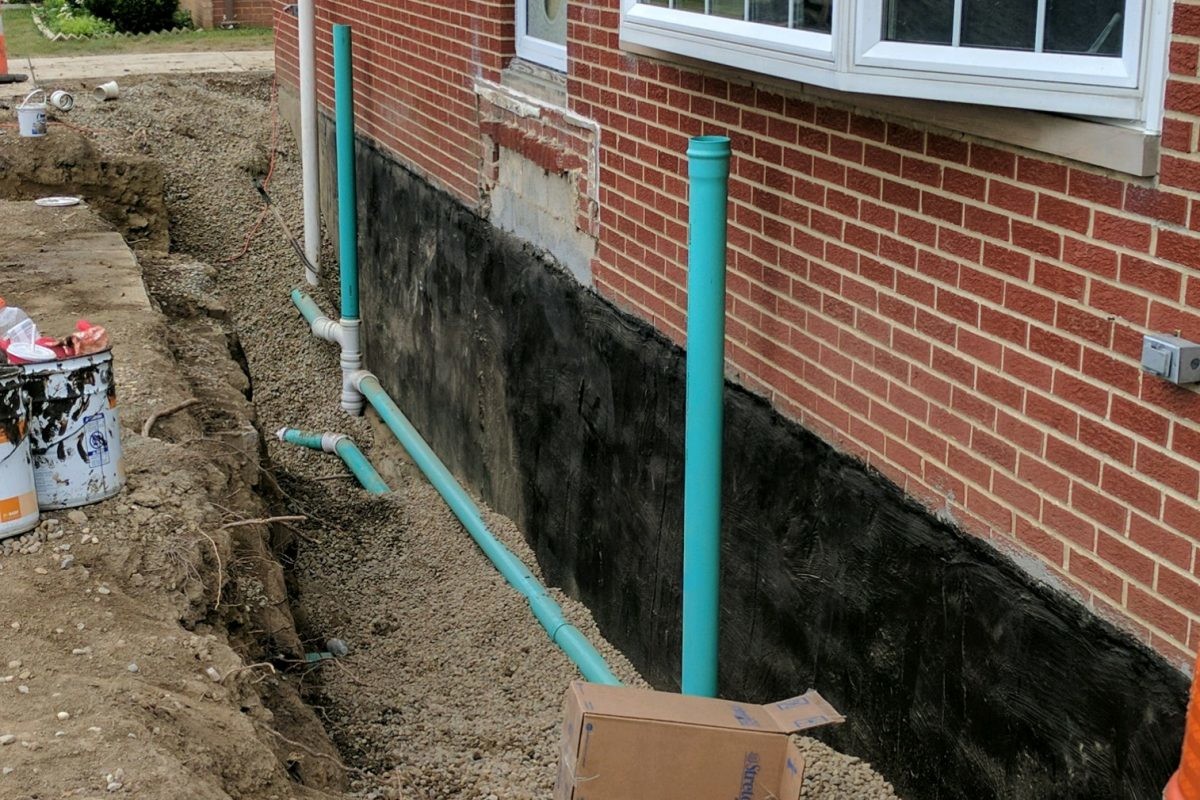
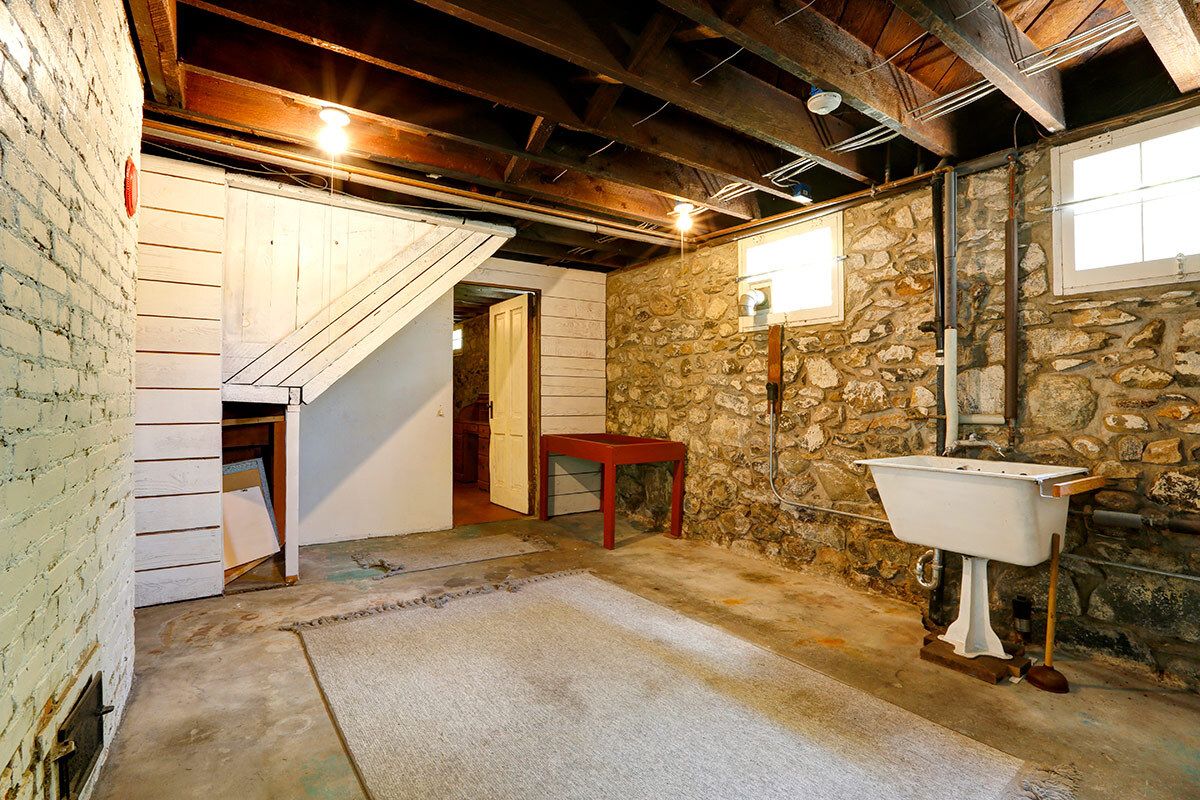
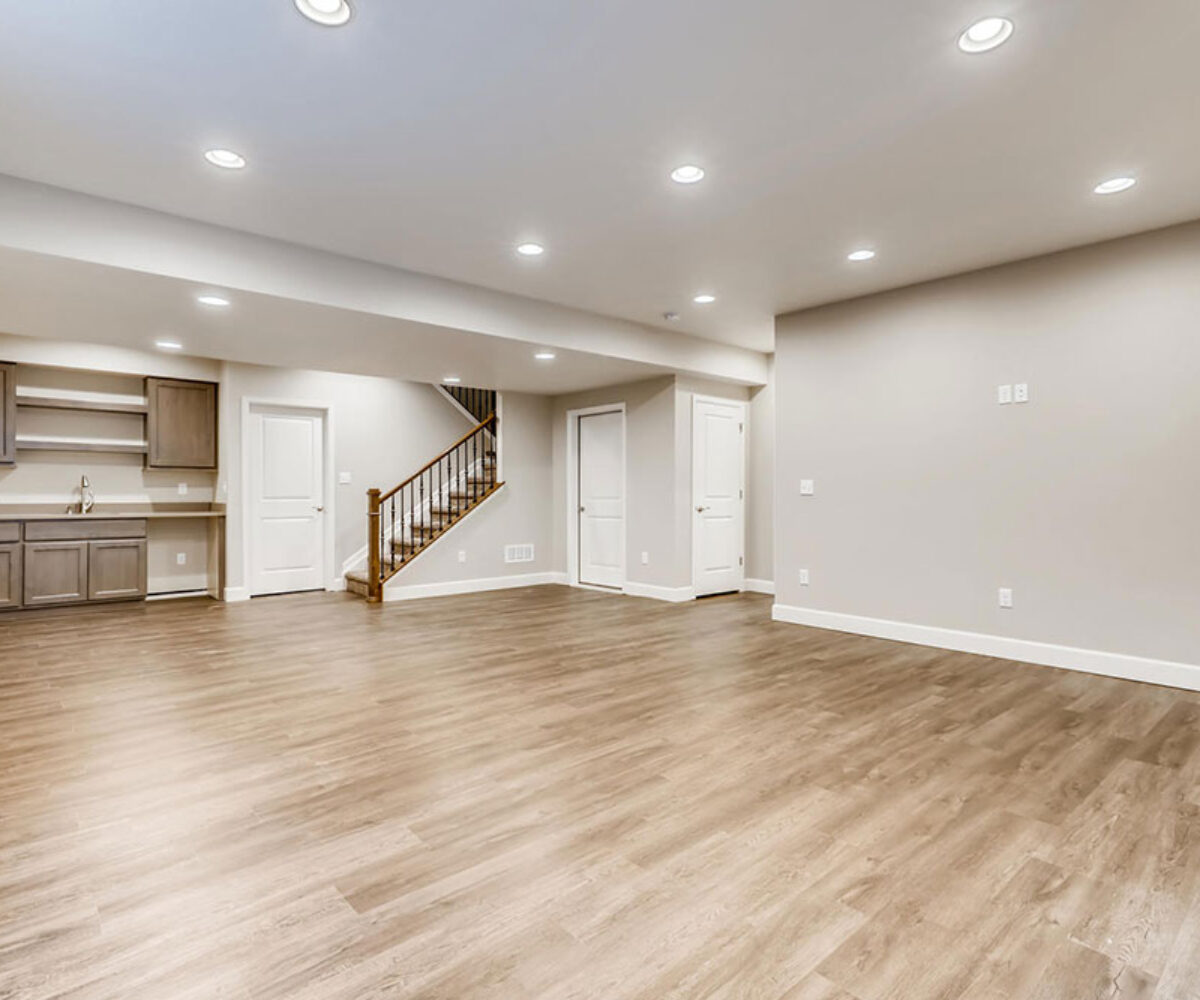

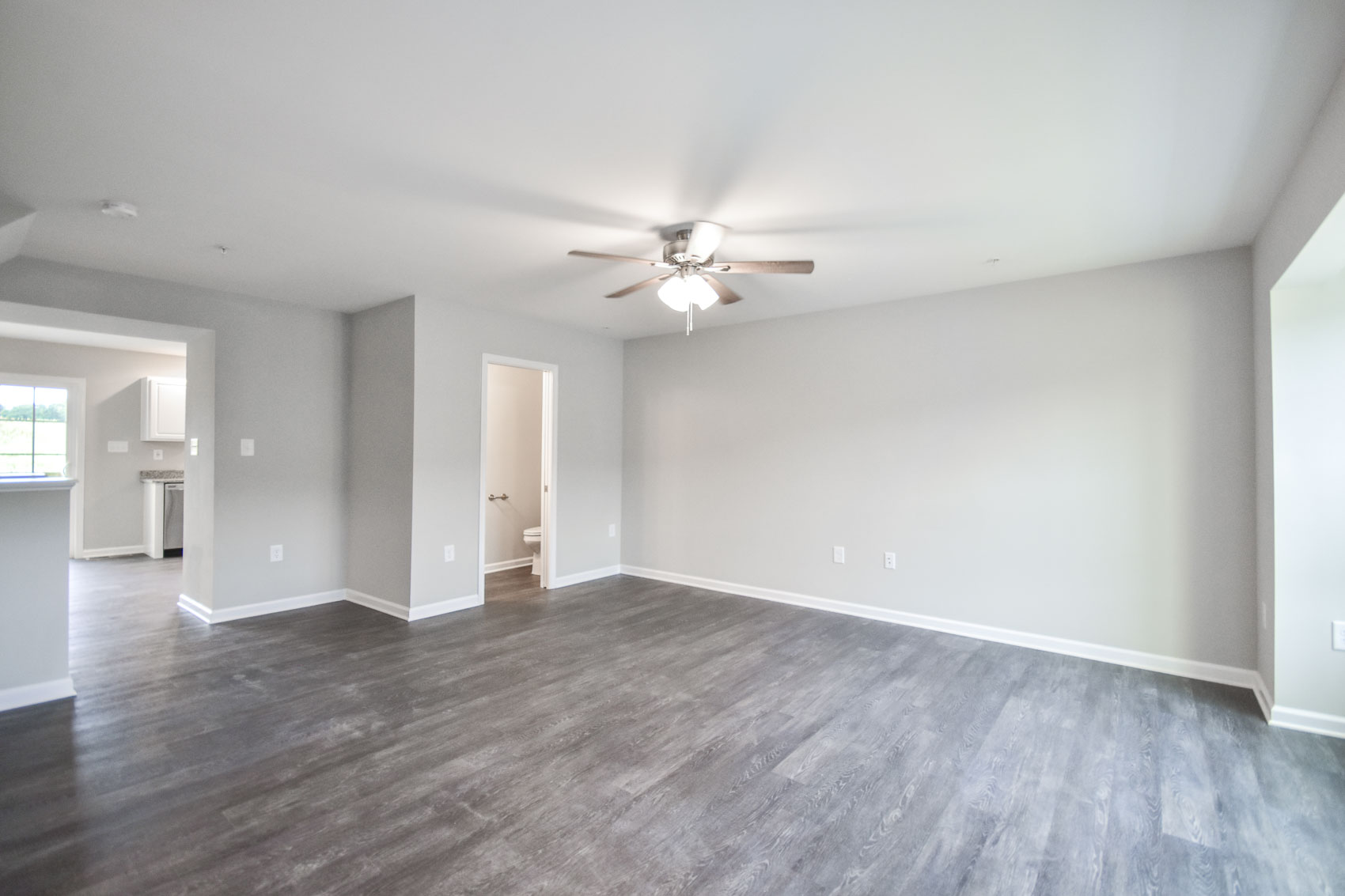
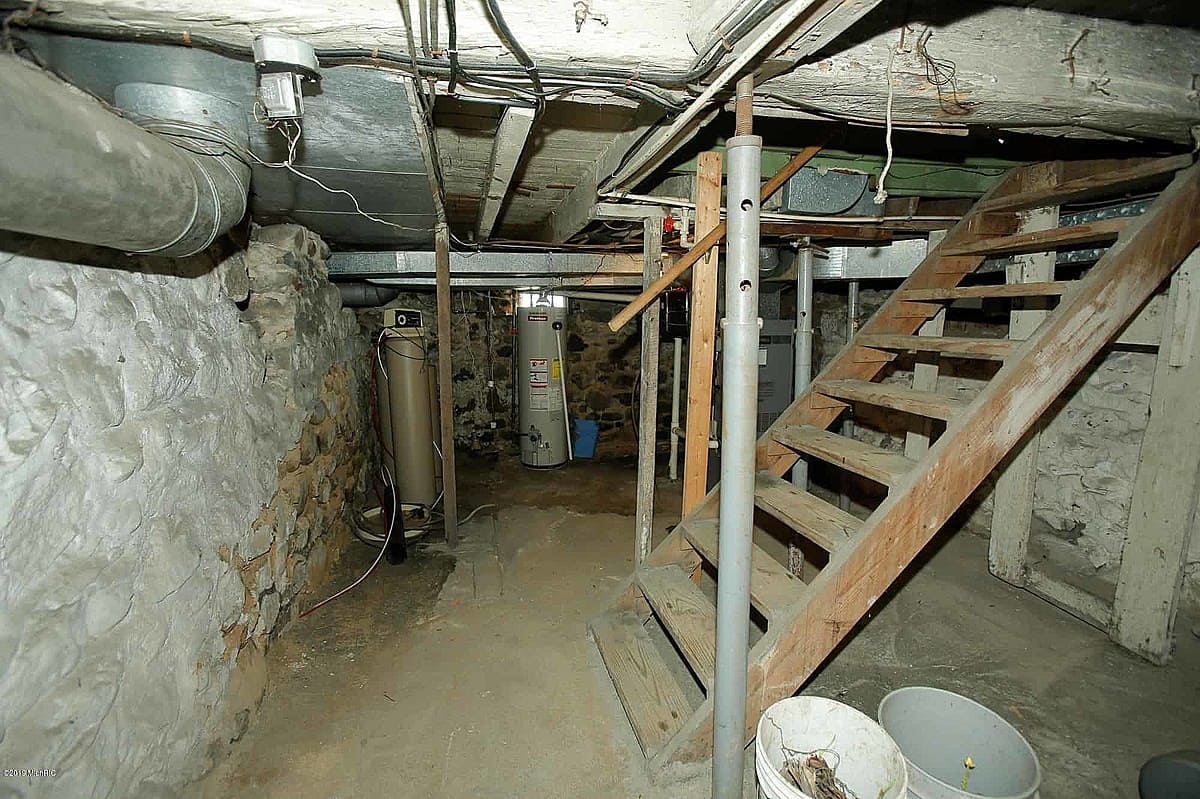

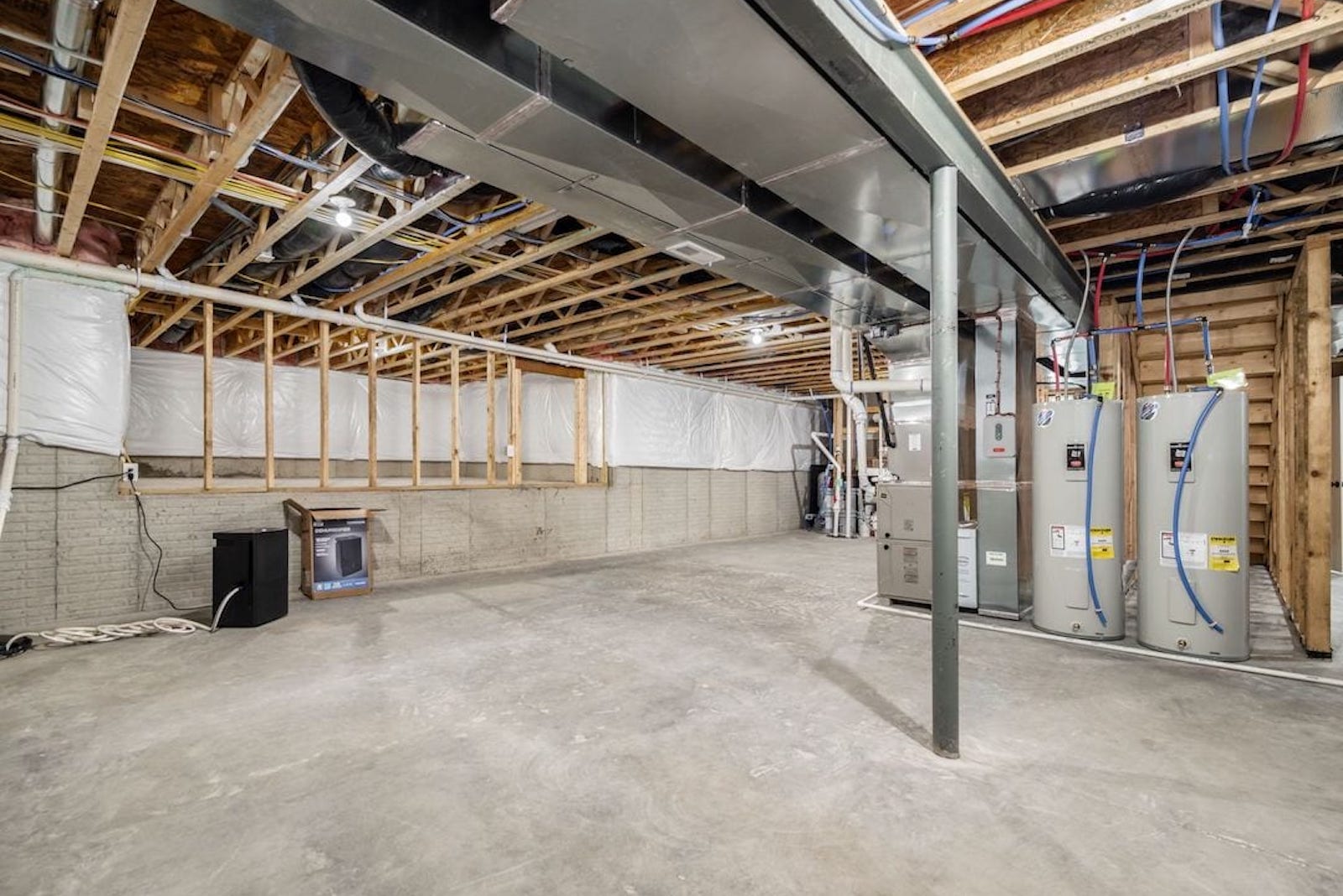
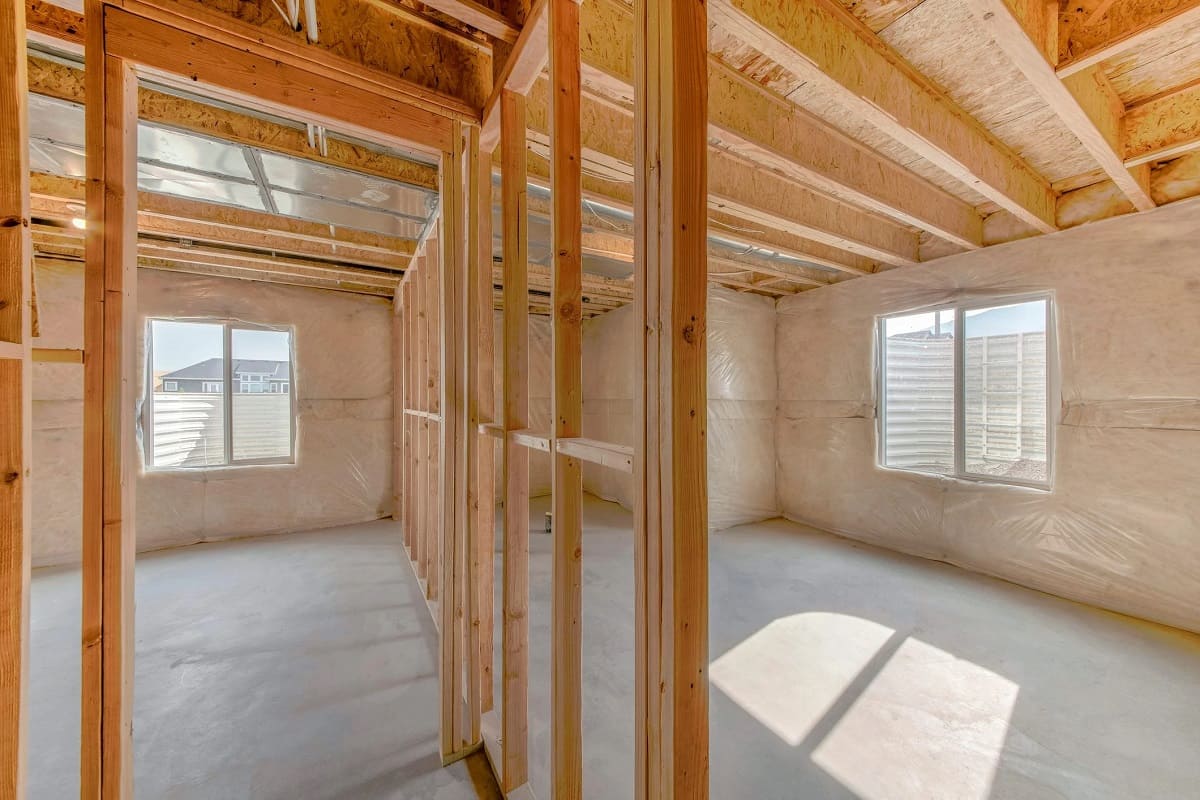
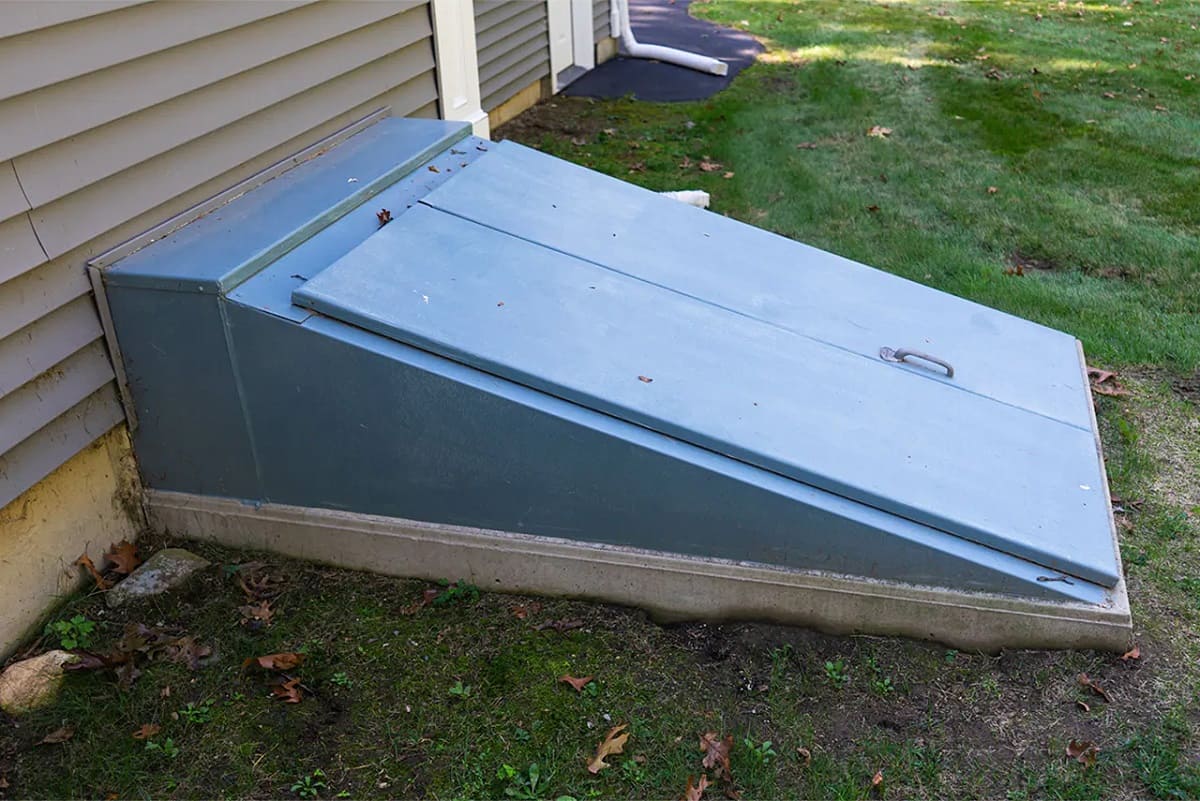
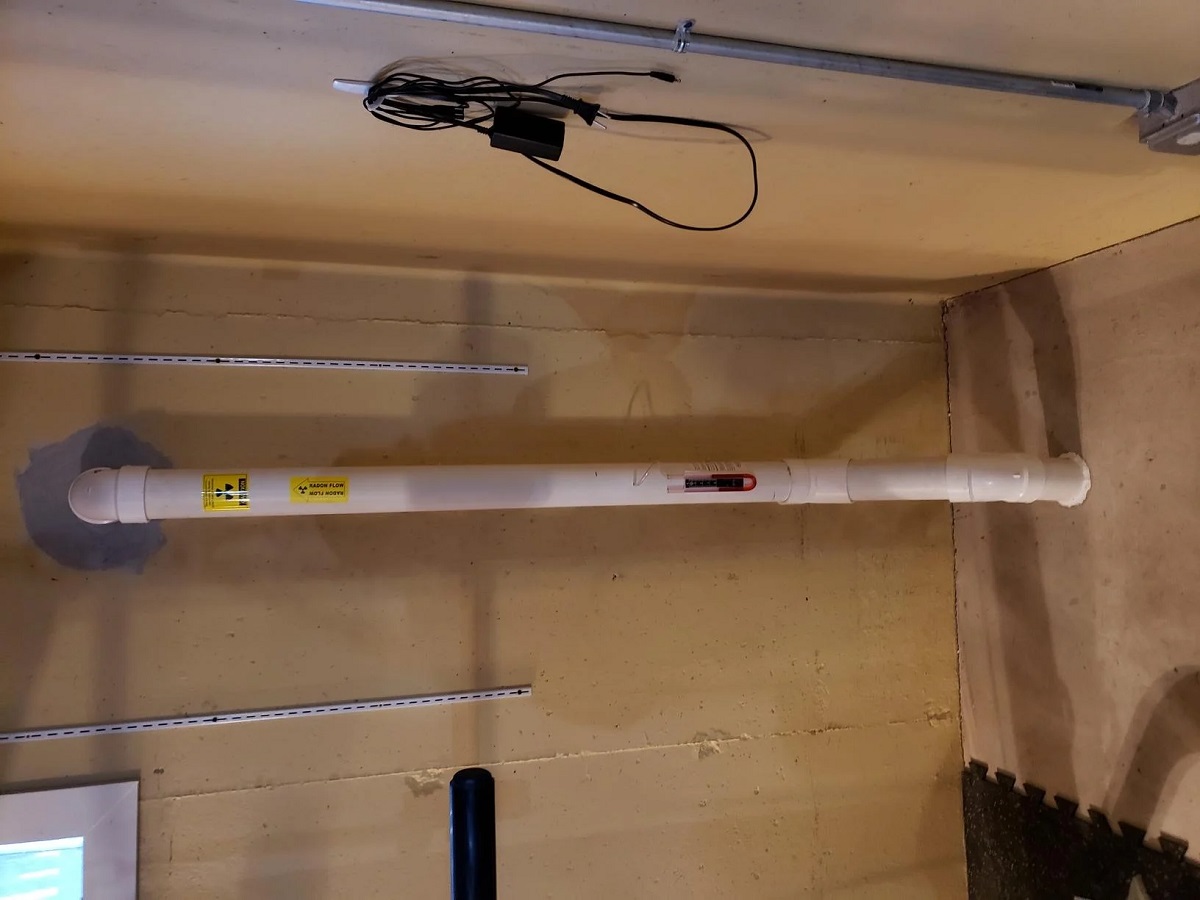
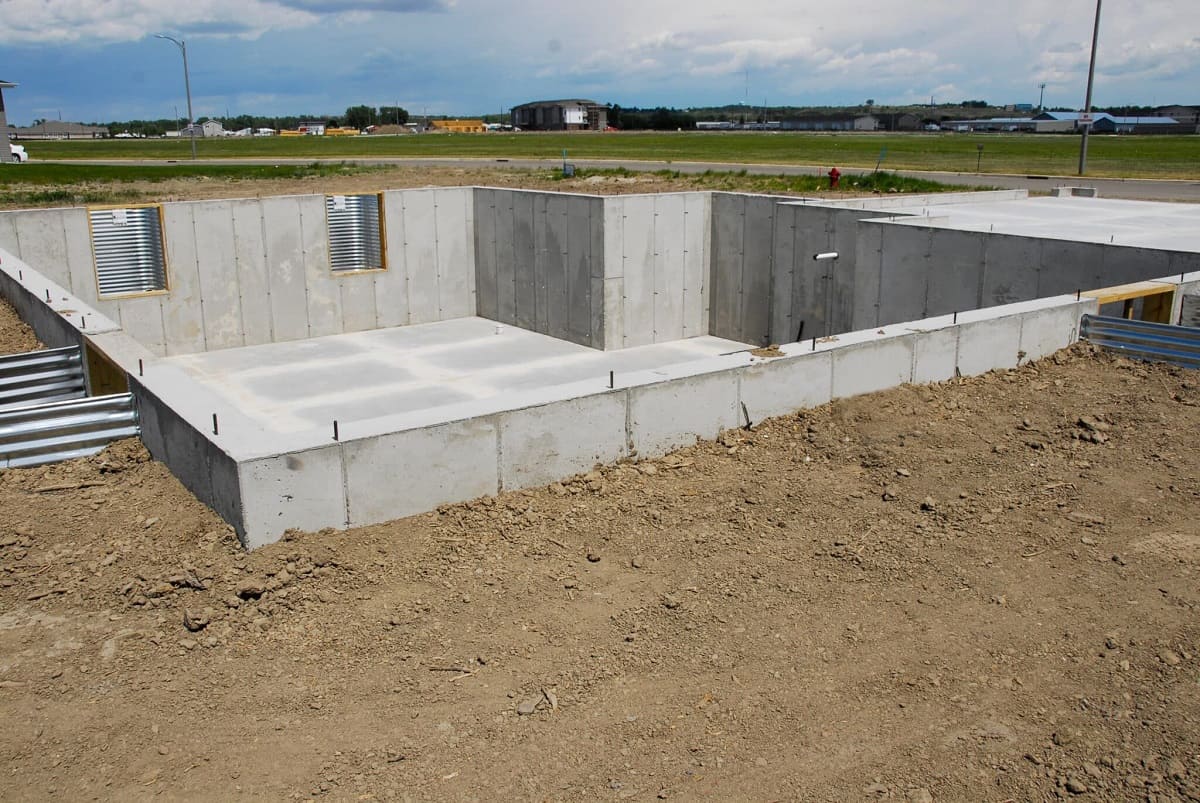
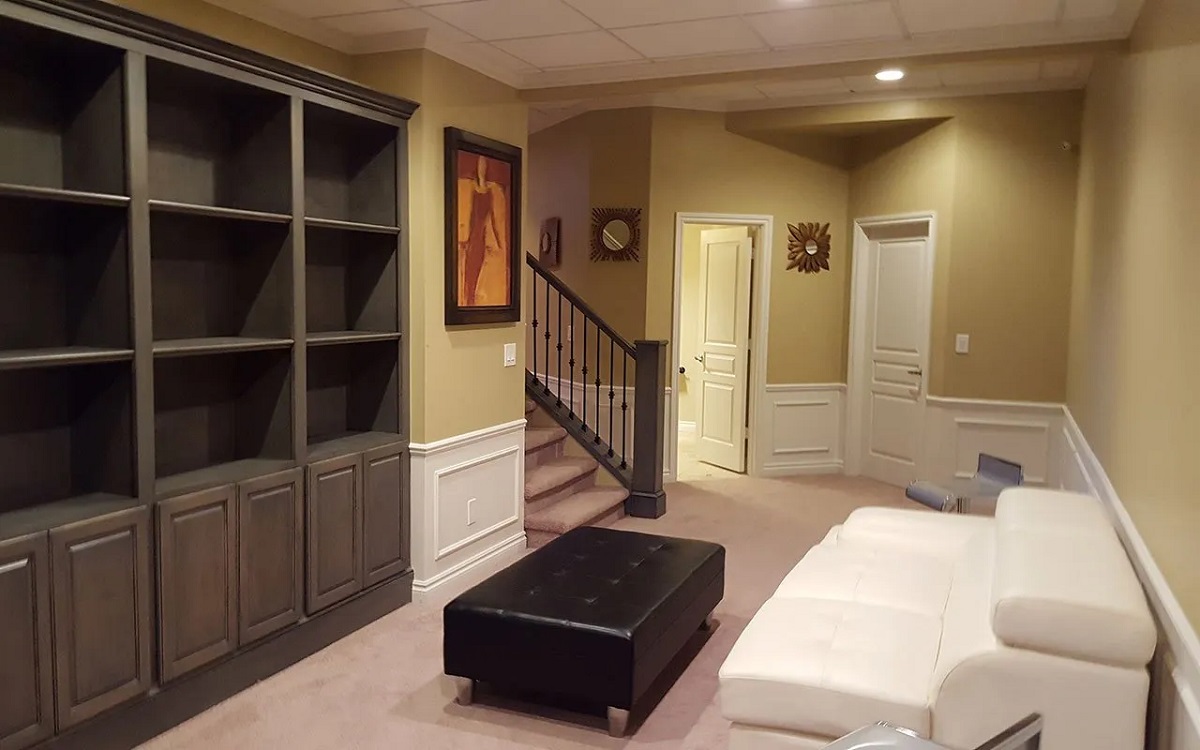

0 thoughts on “What Is Basement Waterproofing”